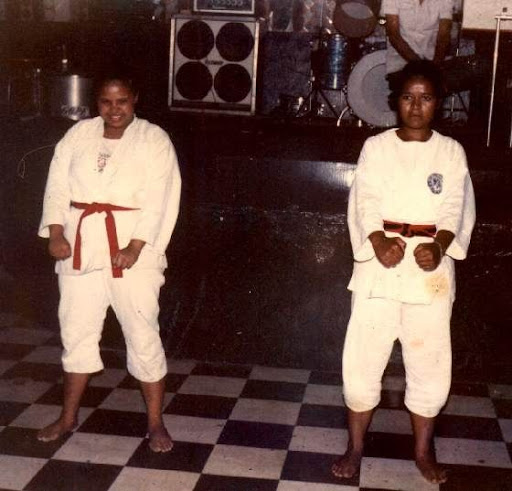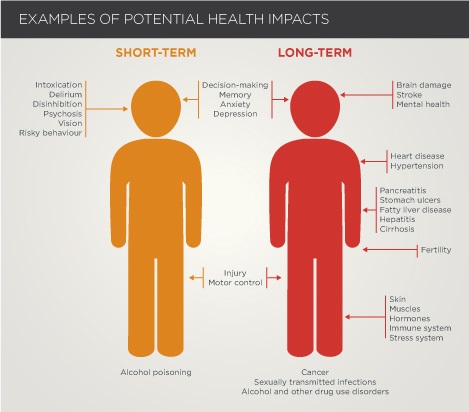- With a liberal approach to gambling, Canada makes CA$17.3 billion in revenue every year from gambling. The industry grew 4.9% in 2017 and is still growing. With some legal online gambling.
- Summarizes the effects of minimum legal drinking age legislation on mortality, morbidity, motor vehicle collisions and crime among young people. Data indicates that drinking-age laws have a significant impact on youth mortality rates.
The legal drinking age in Canada is not the same across the country; every province or territory comes up with its own rule book.

Legal Drinking And Gambling Age In Canada Compared

While one would expect the legal gambling age in Canada to be the same across the board, this is not the case. In fact, it depends on the legal drinking age of that region. As such, players need to be at least 19 years old before they are allowed to enter a casino in Canada, except for Quebec, Alberta or Manitoba, where the legal age is 18. Prize pool: Players will receive a special 30 extra spins promotion on top of the standard welcome package upon second deposit! 30 extra spins on Wild Canada Drinking And Gambling Age Worlds by NetEnt. Legal gambling age in Canada - Online gambling is quite a rage these days all over the world though in some countries it is illegal. There are many popular online gambling options such as online betting, scratch cards, lotteries, online casinos, blackjack, and poker. These gambling options are available on smartphones through dedicated apps.
In Alberta, Manitoba and Quebec, for example, residents can legally drink once they reach the age of 18; across the rest of Canada, you must be at least 19 years old to legally purchase alcohol.
Those regulations have been in place since the 1970s, when all Canadian provinces and territories lowered the legal drinking age from 20 or 21 to either 18 or 19 to 'align more closely with the age of majority.'
Legal Drinking And Gambling Age In Canada Immigration
Ontario and Saskatchewan initially lowered their legal drinking age to 18, but raised it to 19 years of age in the late 1970s after a spike in underage drinking. Prince Edward Island followed suit in 1987.
In this sense, there are two factors that governments weigh when choosing the legal drinking age: the age of majority, and the harmful effects of drinking.
The age of majority in Canada is 18, so provinces such as Alberta may have opted to make the legal drinking age 18 to coincide with the time that individuals are legally recognized as adults.
However, provinces also had to consider the harmful effects of alcohol, according to the Canadian Center for Substance Abuse (CCSA), provinces that have a higher drinking age reduce alcohol consumption in youth and lower traffic crashes.
Legal Drinking And Gambling Age In Canada Right Now
A Canadian study in 2014 even found that if the drinking age were to be raised to 19 across all of Canada, approximately seven 18-year-old males would be prevented from dying each year.
In this sense, Ontario may have chosen to make the legal drinking age 19 in order to reduce alcohol-related fatalities.
More recently, Canadian provinces have also introduced different legal ages for cannabis consumption, ranging from 18 years of age in Alberta to 21 in Quebec as of October 2019.
